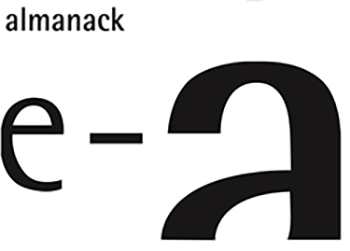Abstract
The main purpose of this article is to discuss the emergence of the analytical category Historical Distance and the possibilities of modulation of time from different possibilities of time representation, based on problems of the History of Historiography. We cast our glances towards the end of the nineteenth century in Brazil highlighting literature and historiography as two fundamental genres for identity creation. We seek to understand the plurality of temporal projects for Brazilian modernity, as well as question the pure rationality in the writing of history. We identify the strong brand of sensitivities as aesthetic, ideological, formal and political motivations for representing the national time. We emphasize nostalgia as a significant element that shows a temporal tension that separates two visions about national time: the monarchical past and the republican past.
Keywords:
History of Historiography; historical distance; nostalgia
